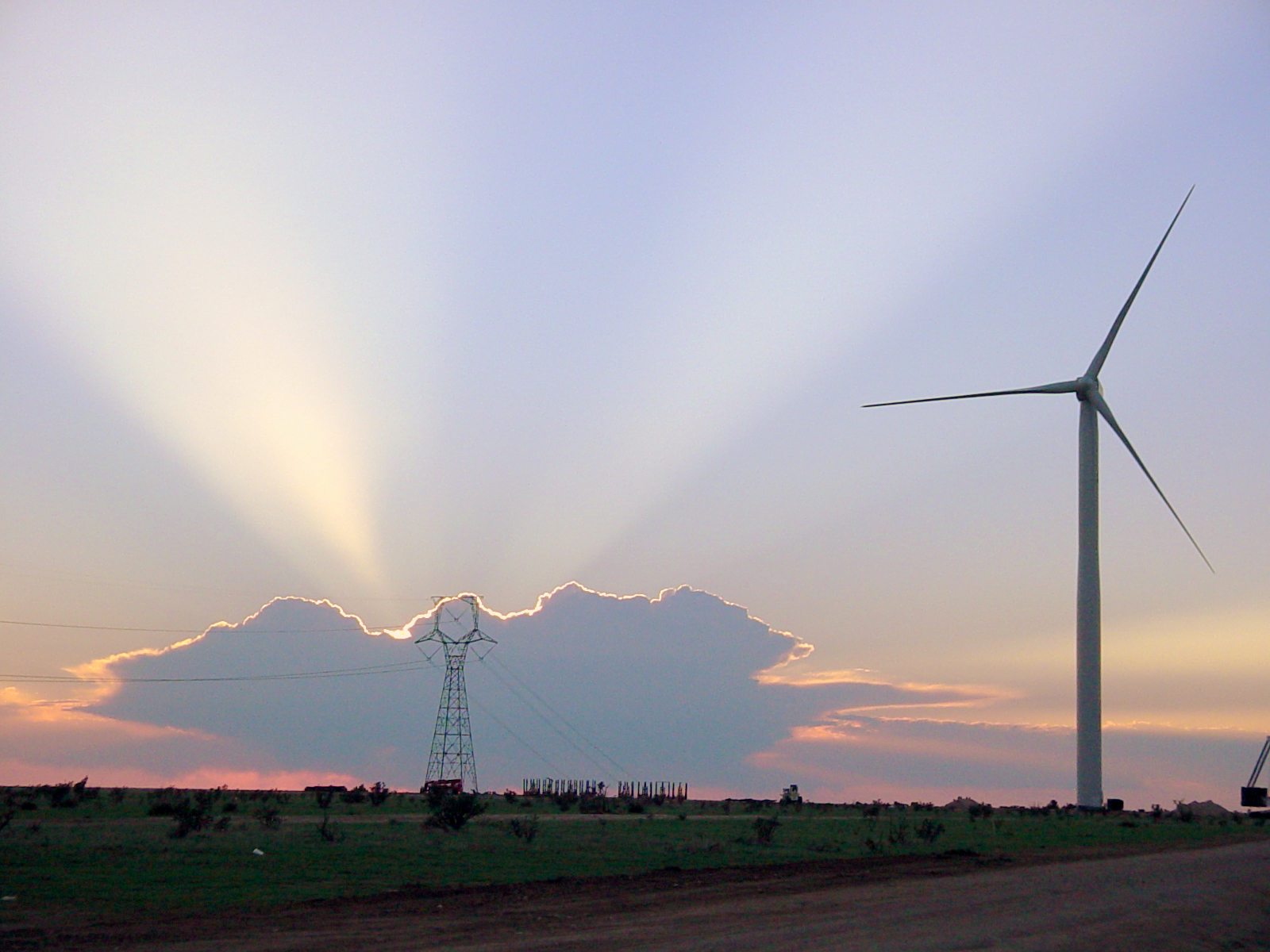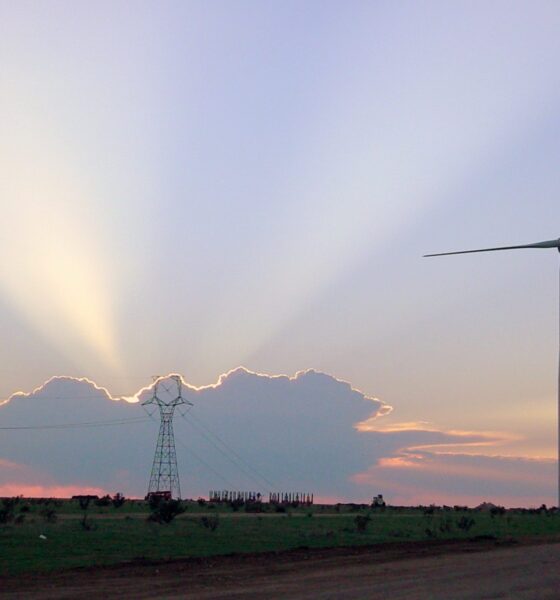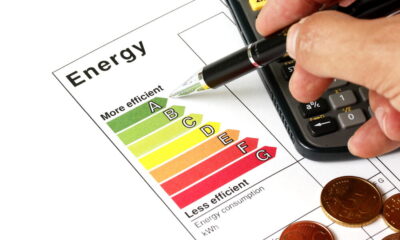

Energy
Wind power vital for cutting import costs and improving energy resilience
Domestic wind power in the UK could save £7.4 billion in gas import costs by 2030 whilst improving the resilience of the energy system, according to a new report.
The report – The impact of wind energy on UK energy dependence and resilience – was published by Cambridge Econometrics and commissioned by trade body RenewableUK. It finds that wind energy is already having a significant impact on the energy system, cutting the amount of coal and gas imported into the UK by an estimated 4.9 million tonnes and 1.4 billion cubic meters respectively in 2013. However, it adds by growing wind power the savings would increase further.
In 2013 some 56% of the UK’s gas supplies and 79% of coal was imported. However, as gas supplies in the North Sea dwindle this figure could increase in the future unless the UK grows its use of renewables, including wind. Wind energy produced enough power to meet the needs of 6.8 million homes in 2013, saving more than £579 million in import costs for fossil fuels.
Phil Summerton, director at Cambridge Econometrics, said, “Beyond the environmental benefits brought about by the continued deployment of wind power, this report shows that wind energy is contributing to reducing fossil fuel import dependence and that this contribution will grow in future as wind capacity expands.
“Investment into wind acts as an insurance policy against uncertainty in future wholesale gas prices and could provide a degree of stability to future electricity prices.”
According to the study using more gas would cost £3.1 billion by 2020, rising to £7.4 billion by 2030. In addition the cost of fossil fuels is often unpredictable and volatile, in contrast the cost of wind is described as predictable and can act as an “insurance premium against the uncertain cost of gas”.
“In these uncertain times, we need to recognise the wider benefits of wind,” said RenewableUK chief executive Maria McCaffery.
“The costs for the entire life of a wind farm are known very early on, whereas the volatile price of fossil fuels can never be accurately predicted. Wind power is already helping us manage future price instability, and the industry is confident that by 2020 onshore wind will be the cheapest form of new generation of any form of energy.”
Photo: Attilio Lombardo via Freeimages
Further reading:
Wind farms an ‘attractive long-term’ investment opportunity
Demand for renewables to drive wind turbine towers market
UK top performer in attracting wind energy investment


 Environment10 months ago
Environment10 months agoAre Polymer Banknotes: an Eco-Friendly Trend or a Groundswell?

 Environment12 months ago
Environment12 months agoEco-Friendly Home Improvements: Top 7 Upgrades for 2025

 Features9 months ago
Features9 months agoEco-Friendly Cryptocurrencies: Sustainable Investment Choices

 Features10 months ago
Features10 months agoEco-Friendly Crypto Traders Must Find the Right Exchange






























